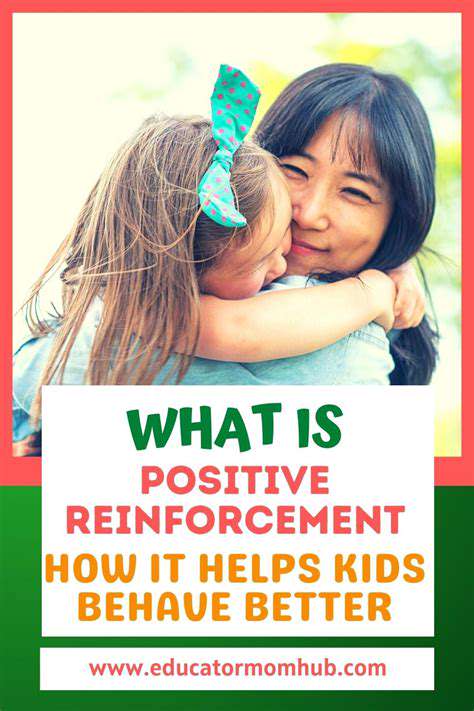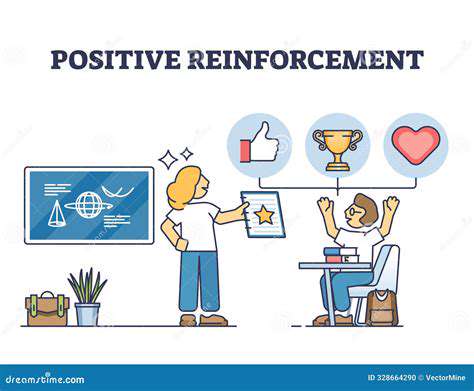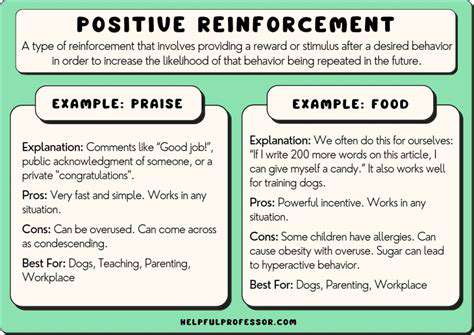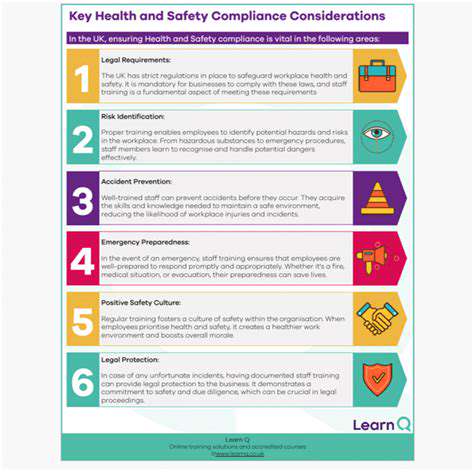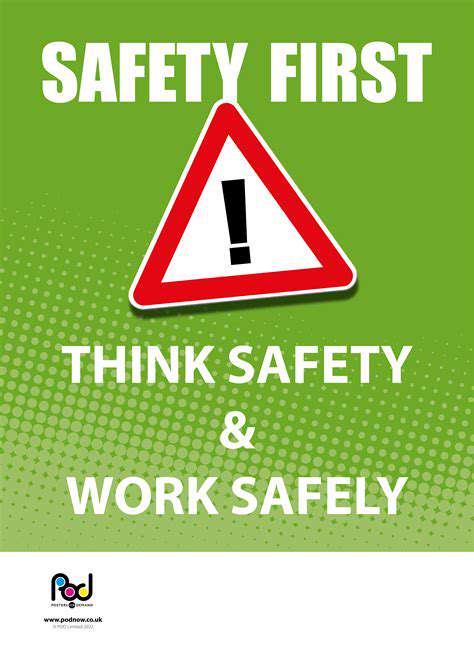When and Where to Socialize Your Puppy: A Practical Guide
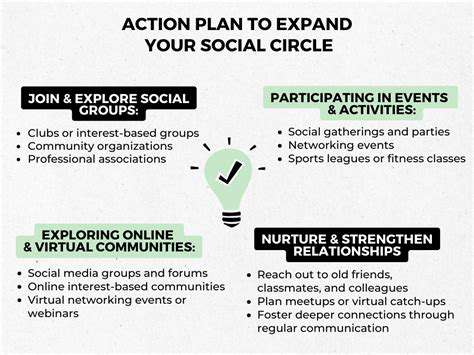
Choosing the Right Socialization Venues: Tailoring Experiences to Your Puppy's Needs
Understanding Your Puppy's Socialization Needs
A puppy's socialization period is crucial for developing well-adjusted adult dogs. This critical window typically extends from around 3 weeks of age to 3-4 months, although ongoing socialization is essential throughout a dog's life. Understanding your puppy's individual needs, temperament, and learning style is paramount to choosing the right socialization venues and experiences. A shy puppy might need a gentler introduction to new stimuli, while a more outgoing puppy might benefit from more varied and stimulating encounters.
Consider factors like your puppy's breed, size, and any pre-existing anxieties or sensitivities. A small breed puppy might be overwhelmed by a large, boisterous dog park, whereas a large breed puppy might be intimidated by small, timid puppies. Observing your puppy's reactions and adjusting the socialization plan accordingly is key to a positive experience.
Selecting Indoor Socialization Venues
Indoor socialization venues offer a controlled environment for introducing your puppy to new sights, sounds, and smells. Pet stores with dog-friendly areas, puppy playgroups, and even your own home can be excellent indoor options. Be mindful of the level of stimulation each venue provides and ensure your puppy isn't exposed to overwhelming sensory input. Introducing one or two new stimuli at a time during these sessions can be helpful.
Remember to supervise your puppy closely during indoor sessions. This helps ensure they're comfortable and allows you to address any potential issues or anxieties promptly.
Utilizing Outdoor Playdates and Dog Parks
Outdoor playdates with trusted, vaccinated dogs can provide valuable socialization opportunities. However, carefully selecting playmates is essential. Ensure all dogs involved are well-socialized and have a history of getting along peacefully. Dog parks can be a great way to expose your puppy to different breeds and temperaments, but supervision is crucial.
Observe the dynamics of the interactions closely. If your puppy seems overwhelmed or fearful, remove them from the situation and try again at a later time in a more controlled environment. Always prioritize your puppy's comfort and safety.
Exploring Doggy Daycare and Training Classes
Doggy daycare facilities can offer structured socialization opportunities within a supervised environment. These facilities often employ experienced handlers who can monitor your puppy's interactions and provide support as needed. Training classes, particularly puppy classes, are also excellent for socialization.
These classes expose your puppy to other dogs in a controlled setting where positive reinforcement and social skills training are emphasized. It's crucial to choose a reputable facility with a strong track record.
Considering the Importance of Controlled Introductions
Introducing your puppy to new dogs or environments gradually is crucial for their comfort and confidence. Start with short, supervised interactions and gradually increase the duration and complexity of the encounters. Pay close attention to your puppy's body language and adjust the interactions as needed. A fearful or anxious reaction warrants a pause or complete withdrawal.
Avoid overwhelming your puppy by introducing too many new stimuli at once. Building positive associations with new experiences is key to fostering a confident and well-adjusted dog.
Addressing Potential Challenges and Concerns
Certain breeds or individual puppies may require more specialized socialization strategies. If your puppy exhibits extreme shyness or aggression, consult a veterinarian or certified dog trainer for personalized guidance. Developing a comprehensive plan that addresses your puppy's unique needs will be vital for future success.
The Ongoing Nature of Socialization
Socialization isn't a one-time event; it's an ongoing process that continues throughout a dog's life. Even after your puppy has reached adulthood, continued exposure to new people, places, and experiences will help maintain their social skills and prevent behavioral problems. Regular visits to dog parks, playdates, and training classes help keep these skills sharp.
Maintaining a consistent socialization routine is important for a well-rounded and well-adjusted dog, preventing any potential behavioral issues or anxieties from developing later in their life.

Read more about When and Where to Socialize Your Puppy: A Practical Guide
Hot Recommendations
- The Impact of Early Socialization on a Dog's Interaction with Other Animals
- Car Travel and Puppy Socialization: Making the Journey a Positive Experience
- The Importance of Early Environmental Exposure for Puppy Development
- Taking Your Puppy to the Vet: Positive Socialization Strategies
- Making Training a Positive Experience for Your Puppy
- Public Transportation and Puppy Socialization: A Step by Step Guide
- Safe Socialization: Allowing Others to Pet Your Puppy
- Helping a Puppy Who Struggles with "Stay"
- Positive Puppy Interactions: Making Meetings with New Friends Fun
- No Treats Needed? Training Basic Commands with Verbal Praise
